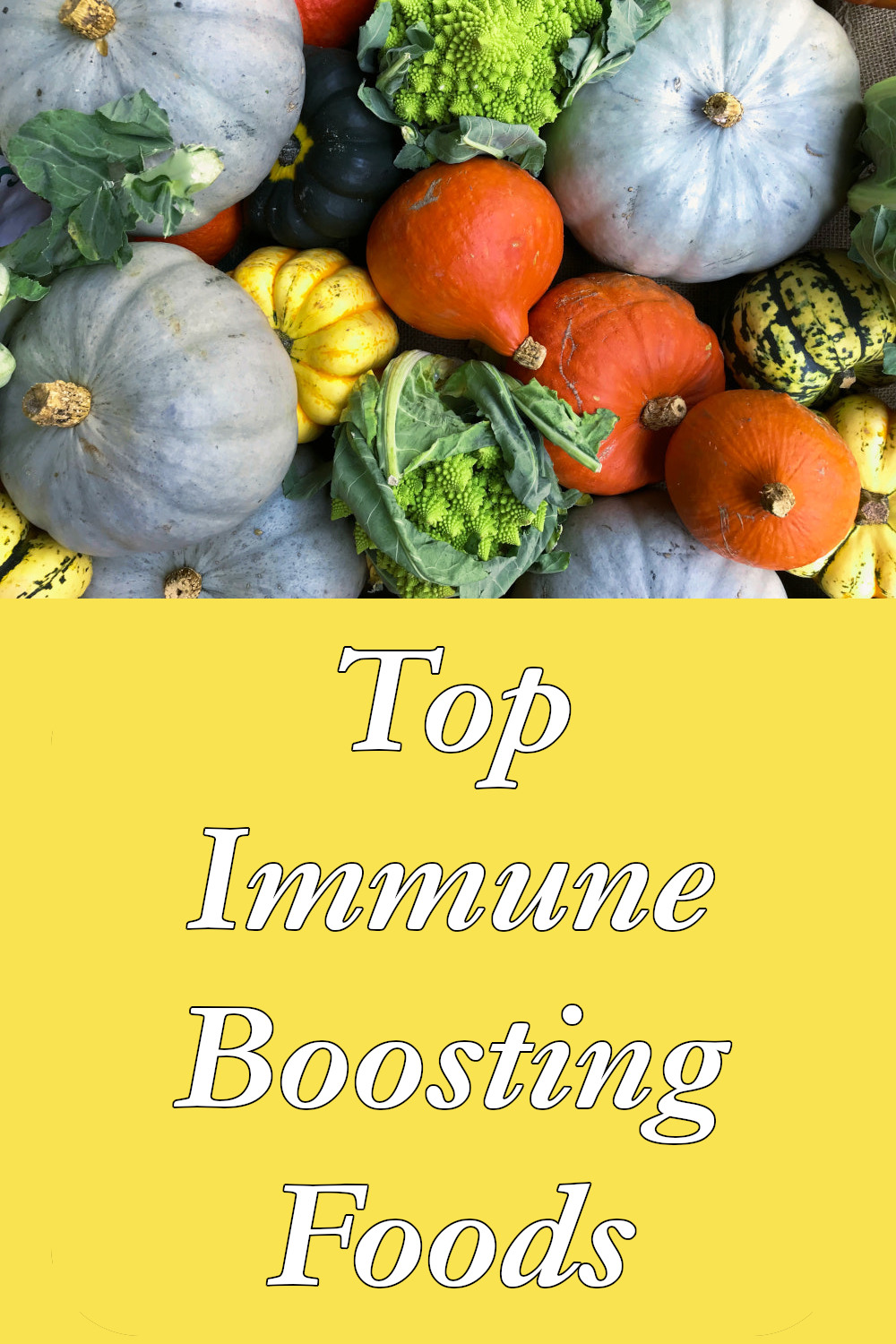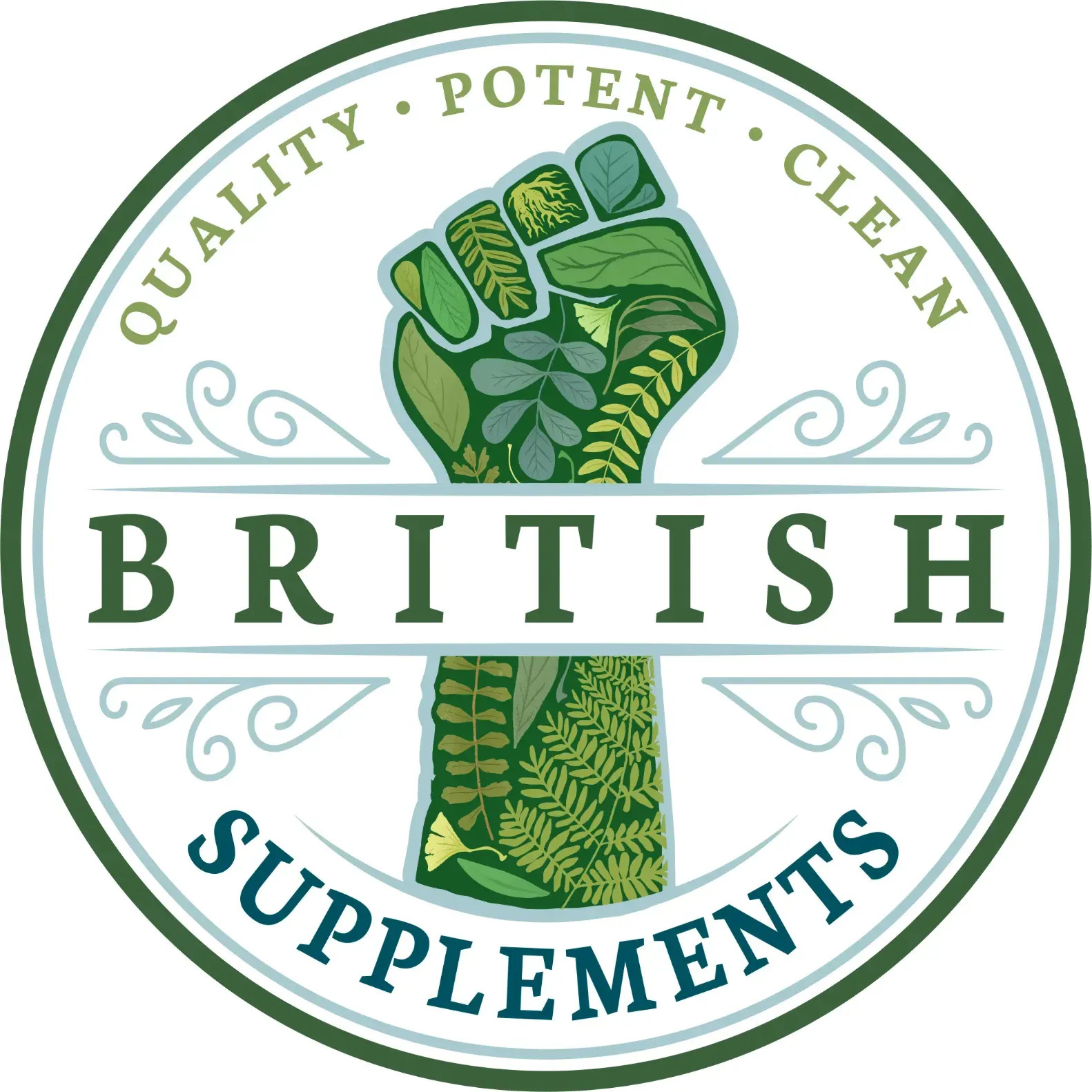

by Jack Cox
“Let food be thy medicine, and let medicine be thy food.” - These words are usually attributed, possibly wrongly, to Hippocrates but regardless of who said it, it's very sound advice. We don't need to poison our bodies with allopathic medicines in order to stay healthy. Human bodies are extremely good at healing themselves provided the root cause of the problem can be removed and that cause is often modern medicine or some other aspect of modern living. Every bite you take is either fighting a disease or feeding it. Choose what you want your food to do for you.
We are protected by our immune system which is a remarkable defense system made up of many biological structures and processes that protect us from disease. When it is functioning properly our immune system is capable of detecting and combating a wide variety of agents, known as pathogens such as viruses, bacteria and parasitic worms. Our immune system can distinguish these pathogens from our own healthy tissue and from the myriad of beneficial organisms that live in our bodies. However sometimes the immune system can be weakened by poor diet, poor lifestyle choices or external stressors. It can also, occasionally, malfunction completely and turn on our own healthy cells.
There are lots of ways we can take care of our immune system so it can take care of us including
getting plenty of exercise, at least 30 minutes a day
Getting enough sleep.
Maintaining a healthy weight.
Keeping our alcohol consumption low.
Not smokeing
and
Eating plenty of fruits, vegetables, and whole grains. This is the areia I shall be covering in this article.
Almonds are high in vitamin E that acts as an antioxidant in your body and helps immune system function. Almonds also contain iron and protein that are essential for your immune system. The most beneficial part is the Almond skin, the dark outer covering. Unfortunately the skin is removed in the production of blanched almonds that are often available in supermarkets so it's important to find a source of whole almonds.If possible try to eat 85 grams (3 ounces) of almonds daily, that's about one cup full.
Citrus fruits, especially lemons and limes, are rich in Vitamin C (ascorbic acid) which is well known for its role in boosting the immune system. It is also essential for the normal growth and repair of body cells and tissues. Citrus fruits are an excellent source of vitamin C, a nutrient that strengthens the immune system and keeps your skin smooth and elastic. In fact, just one medium orange has all the vitamin C you need for the day. Lemons are even better and, although difficult to eat raw, make an excellent drink when the juice is mixed with water. 100gms of lemon yields up to 53mg of vitamin C as well as plenty of vitamin B, calcium, copper, iron and potassium. Lemons also contain about 60mcg of zinc per 100g which helps to boost your immune system and keep you healthy. An interesting study undertaken in Switzerland in 2006 looked at the role of vitamin C and zinc in boosting the immune system. It found that people with specific conditions, such as respiratory tract infections, and the common cold, experienced improved symptoms and a shortened recovery time.This was true for a variety of conditions including respiratory tract infections, the common cold, pneumonia, malaria, and diarrhea infections in children. So even if you do nothing else to strengthen your immune system, do take lots of vitamin C and zink.
Red bell peppers are very high in vitamin C and contain almost twice as much as most fruits and vegetables. Just half a cup of red bell peppers have over one and a half times your total vitamin C needs for the day. Eating a diet filled with vitamin C-rich fruits and vegetables can help keep your immune system healthy. Red bell peppers are much better for you than the yellow and orange ones although they are all good. In fact, in addition to vitamin C they are a great source of vitamin A and a host of antioxidants. Red Bell Peppers also include anti-inflammatory properties which alleviate sinuses. Remarkably, red bell peppers contain beta carotene to nourish your eyes and skin. Red bell peppers have one and a half times more vitamin C, 8 times more vitamin A and 11 times more beta carotene than the green peppers. Vitamin A is critical to a healthy immune system, and low blood levels have been linked to reduced immunity.
Broccoli is reputed to benefit your digestion, cardiovascular system as well as your immune system, and to have anti-inflammatory and even cancer-preventing properties. It's also a low calorie, low sodium, fat-free vegetable. indeed it's a nutrient-packed powerhouse. One cup of broccoli provides as much vitamin C as an orange. This vegetable is also high in beta-carotene, potassium, magnesium, zinc, and iron. Broccoli supplies an array of B vitamins (B1, B2, B3, and B6). It is high in fibre, and a good source of protein, potassium and vitamin A. What's not to like?
Butternut squash is high in fibre as well as a number of vitamins and beta-carotene, is a powerful antioxidant that helps keep healthy cells intact. Some studies have shown that high-fibre foods may also contribute to better immune function. One cup of cooked butternut squash provides roughly three times your daily vitamin A needs, half your daily vitamin C requirements, and a substantial amount of vitamin E, which is important for its role in shielding immune cells from free radicals. It may even boost the production of infection fighting white blood cells. If you don’t get enough vitamin C you are at risk of developing scurvy. Many of the symptoms of scurvy result from tissue problems due to impaired collagen production. Vitamin C also supports the immune system and enhances iron absorption which is an essential nutrient in preventing anemia.
Carrots are rich in vitamins, minerals and fibre. They are also a good source of antioxidants. Antioxidants are nutrients present in plant-based foods which help the body remove free radicals. Free radicals are rouge molecules that can cause cell damage. They result from natural processes and environmental pressures. The body can eliminate many free radicals naturally and dietary antioxidants play a big part in this. The Vit C in carrots provides an immune system boost, helping you get through cold and flu season.
Garlic has been used as an antiseptic, antibacterial, and antifungal agent. It may help the body resist or destroy viruses and other microorganisms. It does this by boosting the immune system. Garlic is also claimed to fight infections. At just 4 calories per clove, garlic leads the immunity-boosting field. Each clove contains 5 mg of calcium, 12 mg of potassium, and more than 100 sulfuric compounds to wipe out bacteria and infections. Garlic is also thought to lower blood pressure and cholesterol and to kill parasites in the body. Raw garlic is best because heat and water denature sulfuric enzymes, thus weakening garlic's antibiotic properties.
Ginger has anti-inflammatory, anti-bacterial and anti-oxidant properties that can help improve the immunity of the body. Consuming ginger tea or a medicinal ginger concoction on an empty stomach, in the morning, could keep away many diseases and strengthen the immune system. Ginger has been used for medicinal purposes since ancient times. It is very important in Ayurvedic medicines and other traditional systems. Ginger contains Gingerol, an active component that makes it a perfect immunity booster. It is also found in all the members of the Zingiberaceae family. If you don't like the taste of ginger, and many people don't, Gingerol can be obtained as a dietary supplement.
Green tea has been used in Japan, China and India since ancient times. Traditionally, the Japanese, Chinese and Indians have used green tea in their medicine to boost the immune system and to prevent various ailments. As well as warding off illnesses, a Green tea. is believed to help with weight loss, skin care, increasing life expectancy and also improving brain function. The polyphenols in green tea are potent plant antioxidants that are believed to give it its immune-boosting effects. One laboratory study suggested that a particular type of polyphenols called catechins may kill many influenza viruses.
Kiwi fruit is nutrient-dense and packed with nature’s goodness. A one-cup of kiwifruit contains nearly three times the recommended daily intake of Vitamin C which is an essential nutrient when it comes to boosting your immune system to ward off disease. Plus it yields 2 grams of protein, 26.4 grams of carbohydrates, less than 1 gram of fat, 5.4 grams of fibre. It also makes a small contribution to our Vitamin A, calcium and iron requirements.
Spinach is rich in vitamin C. It also contains beta carotene, zeaxanthin, lutein and chlorophyll, all of which are responsible for improving your immune system. Lutein and zeaxanthin are good for your eyes too. These compounds are stored in the macula, which is a part of the retina that acts as a natural sunblock, shielding your eye from damaging light. This will also help lower the risk of macular degeneration. Spinach is also packed with antioxidants. Like most vegetables, spinach is healthiest when cooked as little as possible so that it retains its nutrients.
Sunflower seeds are high in vitamin E, which works as an antioxidant and helps boost the immune system. Just one ounce of dry-roasted sunflower seeds can give you nearly half of your daily intake of vitamin E.
Sweet potatoes are a staple food in many parts of the world because they are a good source of fibre, potassium, vitamins, and other essential nutrients. Some people use the terms “sweet potato” and “yam” interchangeably but they are not related in any way. Yams are much more starchy and have a drier texture than sweet potatoes. Orange-fleshed sweet potatoes are one of the richest natural sources of beta-carotene, a plant-based compound that is converted to vitamin A in your body. One 124 g serving of sweet potato provides 12.8 mg of vitamin C.
Turmeric is an essential part of healthy eating. Indian kitchens have been using it for centuries and it has now caught on in the West too. In India turmeric is often mixed with milk and warm water to help combat colds and flu. They say it helps enhance immunity and eliminate colds, coughs and congestion. Turmeric has antiviral, antifungal and antibacterial properties. It is also a prebiotic which promotes the growth of healthy gut flora. Turmeric is a natural immunomodulator (a healthy alternative to methotrexate or azathioprine drugs but check with your doctor first. You may need a hell of a lot to have the same effect). Try adding extra turmeric into your diet during periods of stress or during flu season to help give your immune system a powerful boost.
Yogurt is packed with vitamins and proteins, it's also a great source of lactobacillus, a healthy gut bacteria that will give your immune system a boost. Choose the low-fat or fat-free kind and void yogurts with added sugar or artificial sweeteners.
Eat healthy and stay healthy my friends.
How have you boosted your immune system? Please do share your tips with our community. Feel free to ask any questions too.

Immune System Support
Premium Immune Supplement - 120 Capsules - 13 Vitamins, Minerals and Herbal Extracts - Vitamin C, Zinc and Selenium - Elderberry, Ginger, Turmeric Plus More - UK Made - Vegan

Advertisement
